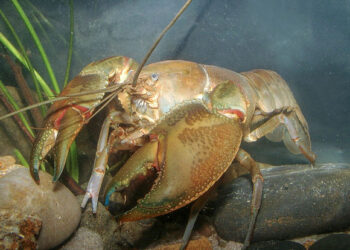A tiny device home to genetically modified bacteria may soon function like an artificial tongue that rapidly analyzes an alcoholic drink’s chemical composition. Using existing biological nanopore technology that underpins DNA sequencing, these new tools could even one day test whether or not a beverage is contaminated with unwanted additives, or even deadly toxins.
Current nanopore technology relies on modified bacterium, usually Mycobacterium smegmatis, to perform microscopic chemical assessments. To accomplish this, experts first create extremely tiny holes only a few nanometers wide in the bacteria’s cell membrane. Researchers then mix the altered organisms into a liquid before applying a small electrical charge to the solution. The liquid’s molecules give off unique signatures while passing through the M. smegmatis nanopores, similar to barcode scanning. From there, a program trained with machine learning almost instantaneously identifies and interprets the electrical signature. While initially used to transform geneticists’ approach to DNA sequencing, researchers at China’s Nanjing University recently theorized that the same strategy could be applied to alcoholic drinks such as wine.
[Related: An ‘electronic tongue’ could help robots taste food like humans.]
Even with many countries’ stringent beverage regulatory laws, studies show that contamination remains a “widespread and notable problem” affecting public health. In nations like Laos, methanol-tainted alcohol is a serious problem responsible for hundreds of deaths per year.While existing testers like liquid chromatography need cumbersome and expensive equipment operated by trained professionals, the researchers liken their prototype to something as simple and small as a COVID-19 antigen test. Their results, published in the journal Matter, offer…
Read the full article here





